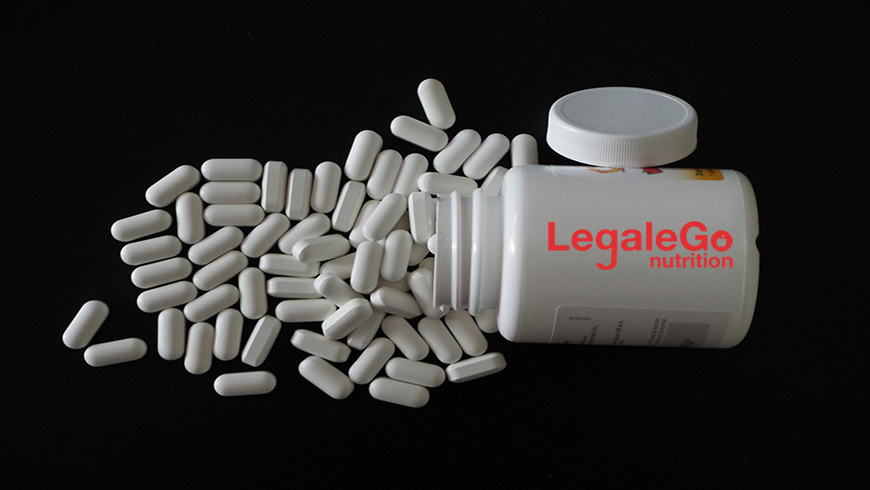
Responsible labeling
Is there responsible labeling? Companies in the sports food sector often use marketing strategies so that their product is associated with values that encourage their purchase. Therefore it is necessary that the consumer carefully read the labeling of sports accessories and not get carried away by the design of the package.
Companies must assume greater responsibility in the aesthetics of their products so as not to cause confusion in the consumer.In this sense and as we analyze in our article on healthy statements, not everything is valid on labels. Responsible labeling must be taken care of.
Next, we will mention some aspects that both the consumer must take into account to know that he is really buying, as the company must rethink when designing the sports supplement packaging.
Mentioning the word ‘protein’ can be attractive as it is one of the components that most encourage the purchase of an athlete. The percentage of proteins must be greater than 15% of the recommended daily allowance (RDA) to have a high protein value.
The ‘+’ symbol has created such controversy in the labeling of sports supplements, that the Food and Drug Administration (FDA) prohibited a company from using it. This sign suggests that the food has additional nutrients when, really, if the label is read, no extraordinary composition is contemplated.
The marketing and advertising of the packaging uses claim words such as: natural, digestive, energetic, fitness … In order to capture the attention of the client. We must attend to the nutritional information since these words do not have to make us think that they outnumber other similar products.
Similar case is the use of color in responsible labeling. Depending on the tone of the container used, we can associate the product with natural foods or large energy sources. But nothing beyond reality. Back to the same. We must read the labeling carefully. Curious is a study conducted by the Journal of Marketing which showed that transparent candy containers sold 58% more than those that had an opaque container.
Many athletes are concerned about the problem of gluten or lactose. This has generated a great tendency to buy products ‘gluten-free’ or ‘lactose-free’. But many nutritionists believe that the harmful effects only affect people who have real intolerance to these components. If we have no allergy or intolerance, we should not eliminate these products from our diet.
LegaleGo Nutrition is a food consultancy with great experience in the sector. If you have questions about product labels, do not hesitate to contact us. We will assist you without any commitment.






